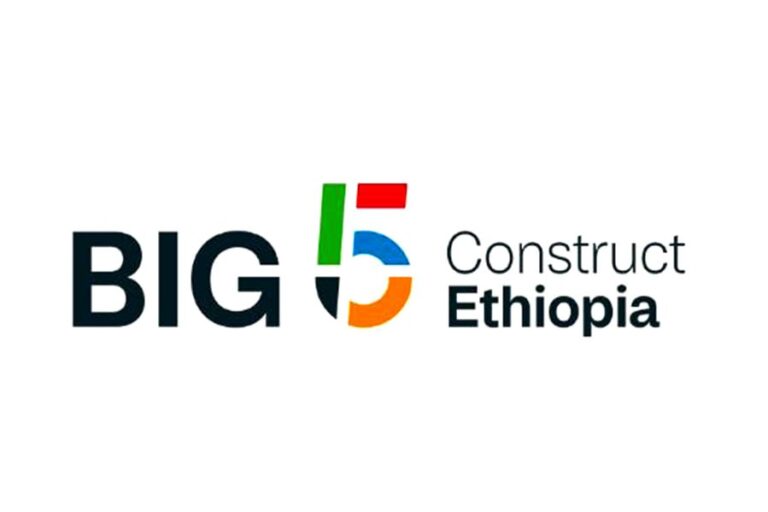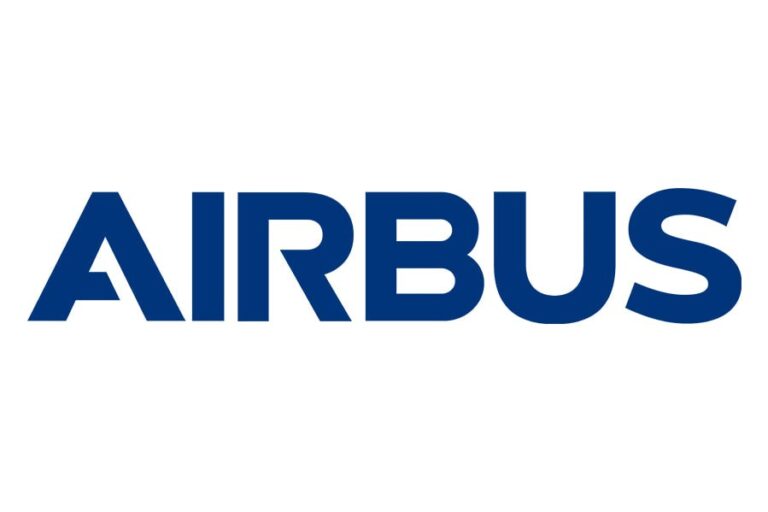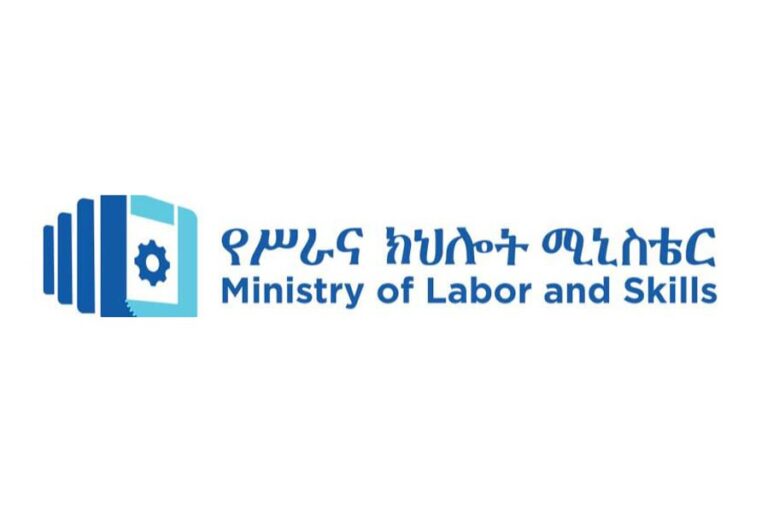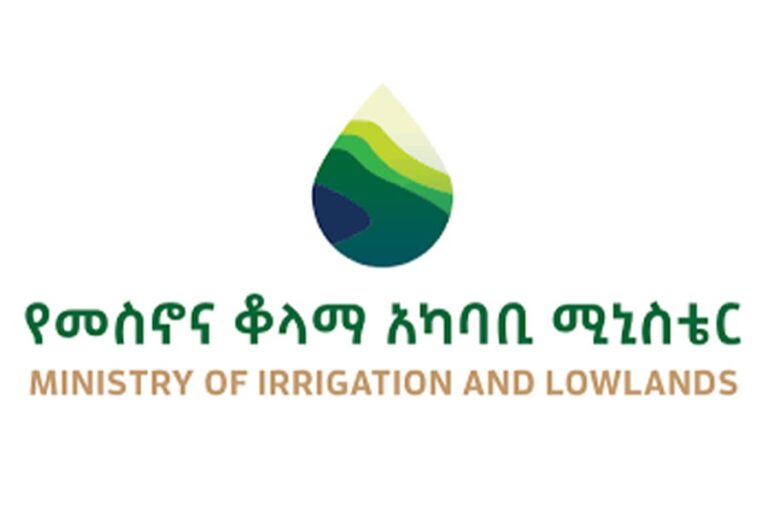Big 5 Construct Ethiopia, the premier event for the construction industry, is set to return for its second edition, reaffirming the continued growth and potential in Ethiopia’s construction sector. The event, which is endorsed by Ethiopia’s Ministry for Urban and Infrastructure, aims to connect 150 local and international exhibitors with over 9,000 construction professionals and potential buyers.
Ethiopia’s economy has been experiencing significant growth driven by investments, manufacturing, industrial development, and exports, with a particular focus on the construction sector, which is valued at $41 billion, according to ABiQ. To capitalize on the opportunities generated by these sectors, the second edition of Big 5 Construct Ethiopia will take place at the Millennium Hall in Addis Ababa from May 30 to June 1, 2024.
“Ethiopia is currently witnessing major construction and infrastructure projects, indicating a vibrant built environment. Big 5 Construct Ethiopia aims to bring together the entire construction value chain, showcasing the expertise of regional and international companies and tapping into the diverse opportunities available in the country,” said Ben Greenish, Senior Vice President – Construction at dmg events.
The event caters to a wide range of professionals in the industry, including contractors, developers, consultants, architects, project managers, civil engineers, designers, urban planners, sustainability engineers, and procurement managers. With over 9,000 attendees expected this year, Big 5 Construct Ethiopia provides a platform for networking, business facilitation, and support for the industry as it aligns with Ethiopia’s ambitious Vision 2025 goals.
Endorsed by Ethiopia’s Ministry for Urban and Infrastructure, the event will feature 150 exhibitors from 19 countries. Among the exhibitors are prominent industry players such as Jotun Paints, a specialist in paint and coatings; EJOT from Germany, a fastener manufacturer; Bostik, a France-based manufacturer and distributor of sealants; Araib Factory for Industry, a plastics manufacturer from Saudi Arabia, and Roofings Middle East, a leading fabricator of pre-engineered steel buildings and cladding products from the UAE.
Tariq Al-Qanni, Director of Operations at Dar Al-Handash Consultants, a consulting firm specializing in engineering, architecture, planning, and project management, and the Gold Sponsor of Big 5 Construct Ethiopia, expressed their excitement about participating in the event and sharing their expertise and experience in implementing digital technologies and innovative design and construction practices.
The event will also feature country pavilions showcasing the latest construction trends from Ethiopia, Italy, Turkey, the United Arab Emirates, and China. Additionally, attendees can benefit from 22 Continuing Professional Development (CPD)-certified industry talks, covering topics such as sustainability, project management, technology, engineering, architecture, design, and the introduction of infrastructure as a new theme.
Big 5 Construct Ethiopia is supported by the Ethiopia Construction Works Corporation (ECWC). Engineer Yonas Ayalew, Chief Executive Officer of ECWC, emphasized the significance of the event in bringing together exhibitors and visitors from around the globe to share experiences, expand marketing networks, and promote the value chain of the construction industry.
Other associations supporting the event include the Ethiopian Association of Civil Engineers, Chartered Institute of Building, and the Project Management Institute Ethiopia.
“Events like Big 5 Construct Ethiopia attract global enterprises to our shores, offering not just products and services but a shared vision to shape the future of Ethiopia’s construction sector through business growth,” concluded Greenish.






